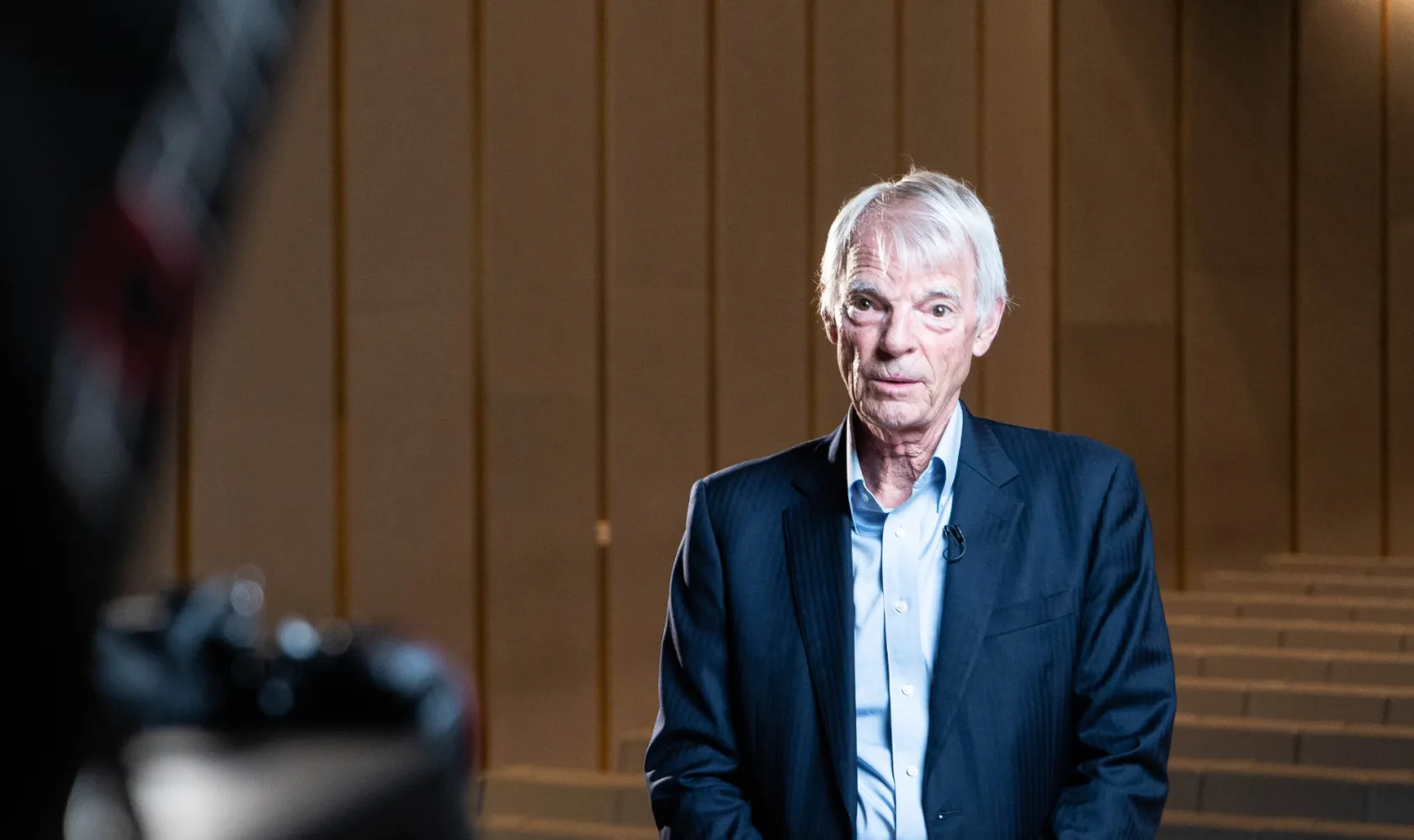
"In a Permacrisis the Biggest Challenge Is Sustainable Growth"
"The world is changing and not necessarily for the better. We are at the centre of a permacrisis that stems from outdated approaches to growth, economic management and global governance. Acknowledging this is the first step in turning the crisis into an opportunity." This is how Michael Spence, economist and Nobel Prize winner in 2001, explains the decision he took together with his colleagues Gordon Brown and Mohamed A. El-Erian to recount the complexity of the historical period we are living through in the book 'Permacrisis', published by Egea.
The starting point of the essay, which offers a toolbox for understanding current events and hypothesizing exit strategies from the economic stagnation towards which advanced economies are moving, is a snapshot of the difficulties of today's world. The economist focuses on the multiple crises of our time: from stagnant growth to inflation to inadequate government policies, from the climate emergency to worsening inequalities with nationalisms in full swing and the impasse of global cooperation. "The first big challenge," says Spence, "is to understand the constant shocks we are experiencing, upheavals that touch different areas. I am thinking of climate change, wars, pandemics or the supply chain crisis. All phenomena that have occurred over a limited period and that lead people to believe they are living in an abnormal era." In reality, as the text states, cascading crises are a condition that will be with us for a long time. "We will not return to the globalization world that prevailed until recently, for much of the post WW II decade’s," Spence clarifies, "which is why we need to act now to improve the situation. We should try to counter the fragmentation of the global economy by investing in key levers such as productivity and technology and reforming the institutions for international cooperation." From the WTO to the IMF.
In a context of continuous crises, the countries of the world must (and can), according to the Nobel Prize winner, learn to design new growth models 'without making the mistakes of the past'. And the reference is to the neo-liberal era of the 1980s between privatization and deregulation or to the export-led industrialization model that led the countries of East Asia to an economic boom. China above all. Models that have contributed to exacerbating the climate crisis and widened inequality. "We need a sustainable growth model," says Spence. "A first step is to make up lost ground on the productivity front. Since 2000, there has been a continuous decline in the growth rate of labor productivity with some sectors more affected than others. If I think of Italy, among the sectors most in difficulty are the public sector, the health sector, government institutions and schools. Globally, however, production and growth remain high in tradable goods: in the tech sector and in parts of the financial world. To put it in numbers in the US alone, the Bureau of Labor Statistics estimates that $10.9 trillion has been lost since 2005 with productivity at a standstill. Spence then underlines the fact that we will live in a world with structural inflation. "With the exception of China which for now is in a deflationary pattern with the main problem being a shortage of aggregate demand, in the advanced economies the limits are on the supply side (of production, ed.) and not on the demand side. Inflation in Europe is coming down now, but in the event of new peaks in demand we will find ourselves with production chains once again struggling to keep up."
In this context, a major source of growth will come from technology, especially digital technology and Gen AI. Indeed, technological progress can help create the conditions to reduce inequality and reverse the decline in productivity. Says Spence: "In this respect we are living in an amazing time. Think of the digital revolution, Ai and breakthroughs in life science or innovation for the energy transition. Technology can already help people to create added value in their daily activities. I am thinking of the medical profession or software engineers writing code." He adds: "If we took a poll on the streets today about artificial intelligence, most people would answer that AI is going to steal their jobs. This is an understandable concern because many people think that AI is about full automation – the replacement of humans by digital machines. But instead of 'automation' I think it makes more sense to talk about 'human-machine collaboration or augmentation.'' For Spence, the public agenda should therefore focus 'not only on containing the risks associated with artificial intelligence but also on AI as a lever for growth'. Both for job and income creation. In addition, countries should also ensure access for small companies.
To counter the fragmentation of the global economy, according to the professor, the issue of geopolitics must finally be addressed. Without riding the growing wave of nationalism and unilateralism in the USA, to some extent in Europe and in the rest of the world. "The discourse," he points out, "is analogous to that for combating climate change. You cannot put in place effective actions for sustainable growth at a global level without new mechanisms for international cooperation." Which, for Spence, also involve reforming the Bretton Woods institutions with, for example, the International Monetary Fund that could become the guarantor of the global economy. "In short, we need new tools to respond to shocks and rebuild a functional global order. The best response to the permacrisis is a new form of cooperation between countries, open markets that are never closed." For an inclusive and no longer exclusive world.